2024 Executive Summary
Staging of offshore wind turbine components at MassCEC’s New Bedford
Marine Commerce Terminal.
Marine Commerce Terminal.
About MassCEC
Massachusetts Clean Energy Center (MassCEC) is accelerating the clean energy transformation and powering the climatetech economy.
MassCEC works closely with our partners across state government, including the state’s Executive Offices of Energy and Environmental Affairs, Economic Development, Labor and Workforce Development, and the Office of Climate Innovation and Resilience. The Commonwealth’s whole-of-government approach to climate action, led by Governor Healey and Lt. Governor Driscoll, has positioned Massachusetts as a national leader in combating the climate challenge.
A state economic development agency, MassCEC works to spur job creation, deliver statewide environmental benefits, and secure long-term economic growth for the people of Massachusetts.
MassCEC is governed by a Board of Directors, chaired by Massachusetts Energy and Environmental Affairs Secretary Rebecca Tepper. The agency fosters collaboration among industry, state government and municipalities, higher education institutions and schools, community-based organizations, labor, and the financial sector to advance the state’s clean energy and climatetech economy.
Our team has a proven track record of identifying and supporting promising climate solutions. We specialize in funding early-stage technology crucial for reducing carbon emissions and protecting communities from the impacts of climate change. Our program teams and partners are breaking down barriers by accelerating the adoption of new commercially ready climate technologies, creating and scaling business models, and developing and supporting critical clean energy infrastructure.
We’re committed to creating a diverse, equitable, and inclusive clean energy and climatetech industry anchored by a workforce that produces good jobs and fulfilling careers.
Improving the quality of life for residents and strengthening local economies is central to our mission. Our work is rooted in the belief that every resident of Massachusetts should benefit from clean energy and climate innovation.
Most of the infrastructure we own supports the Commonwealth’s growing offshore wind industry, an energy source vital to achieving our climate goals. MassCEC’s Wind Technology Testing Center in Charlestown, the only facility of its kind in North America, conducts endurance testing for commercial-scale wind blades. MassCEC’s New Bedford Marine Commerce Terminal, the nation’s first purpose-built offshore wind port, recently launched an expansion and improvement project to meet the increasing demands of the industry and position the facility as a clean energy asset for years to come. In August 2024, MassCEC broke ground on the Salem Offshore Wind Terminal, sparking the transformation of a former oil- and coal-fired power plant into Massachusetts’ second offshore wind port.
Together with partners and communities across Massachusetts, we’re building a clean energy and climatetech industry that will meet the climate challenge and unlock economic opportunities for generations to come. For more information about our work, visit our website at masscec.com.
MassCEC works closely with our partners across state government, including the state’s Executive Offices of Energy and Environmental Affairs, Economic Development, Labor and Workforce Development, and the Office of Climate Innovation and Resilience. The Commonwealth’s whole-of-government approach to climate action, led by Governor Healey and Lt. Governor Driscoll, has positioned Massachusetts as a national leader in combating the climate challenge.
A state economic development agency, MassCEC works to spur job creation, deliver statewide environmental benefits, and secure long-term economic growth for the people of Massachusetts.
MassCEC is governed by a Board of Directors, chaired by Massachusetts Energy and Environmental Affairs Secretary Rebecca Tepper. The agency fosters collaboration among industry, state government and municipalities, higher education institutions and schools, community-based organizations, labor, and the financial sector to advance the state’s clean energy and climatetech economy.
Our team has a proven track record of identifying and supporting promising climate solutions. We specialize in funding early-stage technology crucial for reducing carbon emissions and protecting communities from the impacts of climate change. Our program teams and partners are breaking down barriers by accelerating the adoption of new commercially ready climate technologies, creating and scaling business models, and developing and supporting critical clean energy infrastructure.
We’re committed to creating a diverse, equitable, and inclusive clean energy and climatetech industry anchored by a workforce that produces good jobs and fulfilling careers.
Improving the quality of life for residents and strengthening local economies is central to our mission. Our work is rooted in the belief that every resident of Massachusetts should benefit from clean energy and climate innovation.
Most of the infrastructure we own supports the Commonwealth’s growing offshore wind industry, an energy source vital to achieving our climate goals. MassCEC’s Wind Technology Testing Center in Charlestown, the only facility of its kind in North America, conducts endurance testing for commercial-scale wind blades. MassCEC’s New Bedford Marine Commerce Terminal, the nation’s first purpose-built offshore wind port, recently launched an expansion and improvement project to meet the increasing demands of the industry and position the facility as a clean energy asset for years to come. In August 2024, MassCEC broke ground on the Salem Offshore Wind Terminal, sparking the transformation of a former oil- and coal-fired power plant into Massachusetts’ second offshore wind port.
Together with partners and communities across Massachusetts, we’re building a clean energy and climatetech industry that will meet the climate challenge and unlock economic opportunities for generations to come. For more information about our work, visit our website at masscec.com.

Note From the CEO
Emily Reichert
I am proud to present MassCEC’s 2024 Massachusetts Clean Energy Industry Report!
Over the past year, I’ve had the privilege to travel to communities across the Commonwealth, visiting climatetech companies and manufacturing facilities, touring world-class labs and high school clean energy training programs, and meeting with the hard-working individuals responsible for our progress towards our climate goals.
This annual report provides an in-depth look at Massachusetts’ growing clean energy industry and highlights the collaborative steps we’re taking to stimulate economic development across the state. In the following pages, you’ll read about the talented workers and thriving businesses driving this industry forward. I’m also thrilled to share that we’ll expand next year’s report to include the entire climatetech industry in Massachusetts, not just clean energy.
Over the past year, I’ve had the privilege to travel to communities across the Commonwealth, visiting climatetech companies and manufacturing facilities, touring world-class labs and high school clean energy training programs, and meeting with the hard-working individuals responsible for our progress towards our climate goals.
This annual report provides an in-depth look at Massachusetts’ growing clean energy industry and highlights the collaborative steps we’re taking to stimulate economic development across the state. In the following pages, you’ll read about the talented workers and thriving businesses driving this industry forward. I’m also thrilled to share that we’ll expand next year’s report to include the entire climatetech industry in Massachusetts, not just clean energy.
“From Brockton to the Berkshires, my experiences over the past year have made me more optimistic than ever that a clean energy future is within our grasp and that we are well-positioned to make Massachusetts the climate innovation hub for the world!”
~ Emily Reichert, Ph.D., MassCEC Chief Executive Officer
Since 2010 MassCEC Has:1
Awarded $788M through clean energy programs and investments, and attracted over $2.8B in private and federal capital.
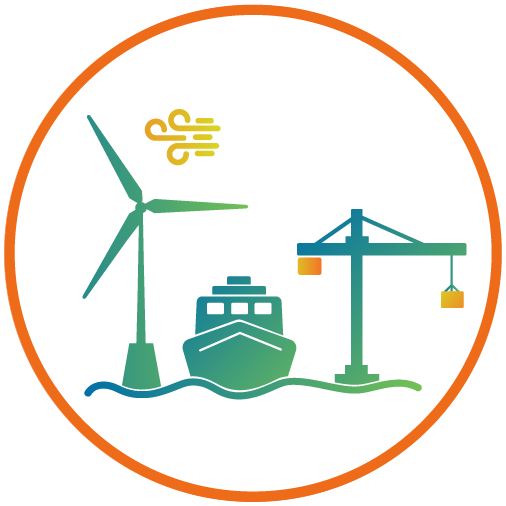
Developed the 1st purpose-built port in the U.S. for staging and deployment of offshore
wind projects.

Supported 6,500+ internships for college and vocational students with 670+ clean energy employers, 67% of which were women and minority interns.

Supported the verification of 23M renewable, solar, thermal, and clean peak certificates, accounting for transactions exceeding $5.6B in revenue to Massachusetts residents and business owners.

Tested 57 wind turbine blades at the Wind Technology Testing Center, generating over $28M in revenue.
Focus Areas:

Emerging Climatetech
We help new climate-focused businesses grow faster by backing a vibrant community of researchers, startups, and established industry players – creating an ecosystem where they connect and thrive.
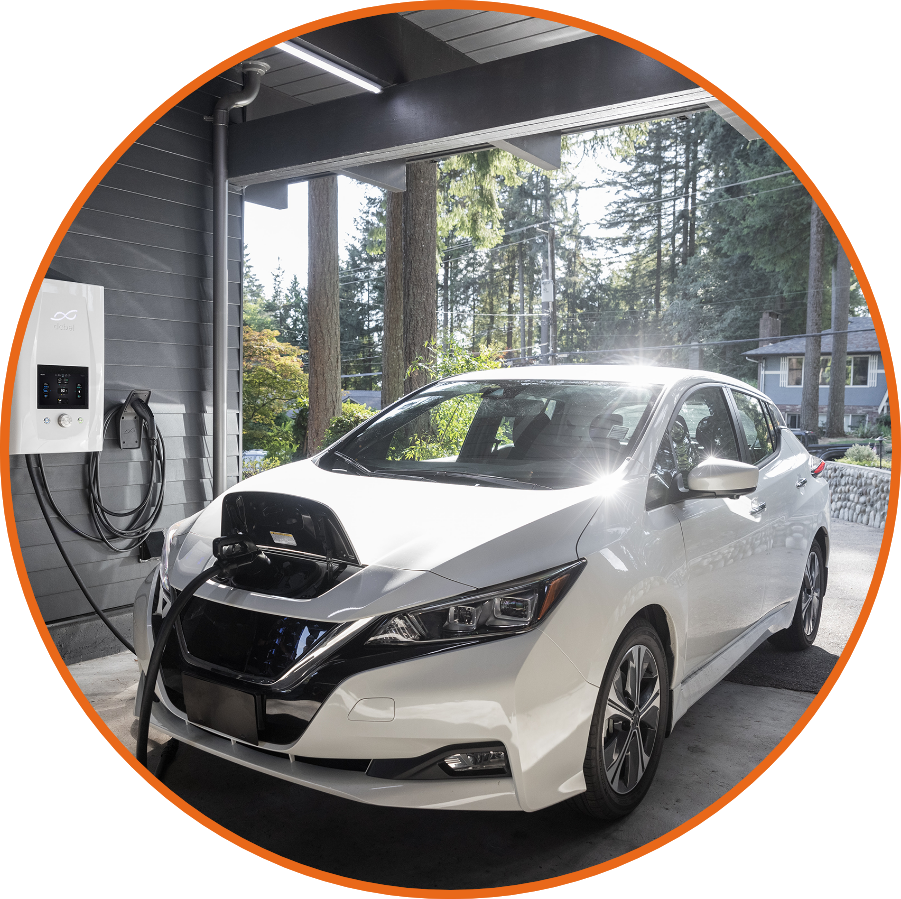
Accelerating Decarbonization
We contribute to meeting our state’s ambitious climate goals by tackling barriers to widespread use of clean energy and climate technology in buildings, transportation, and the grid.
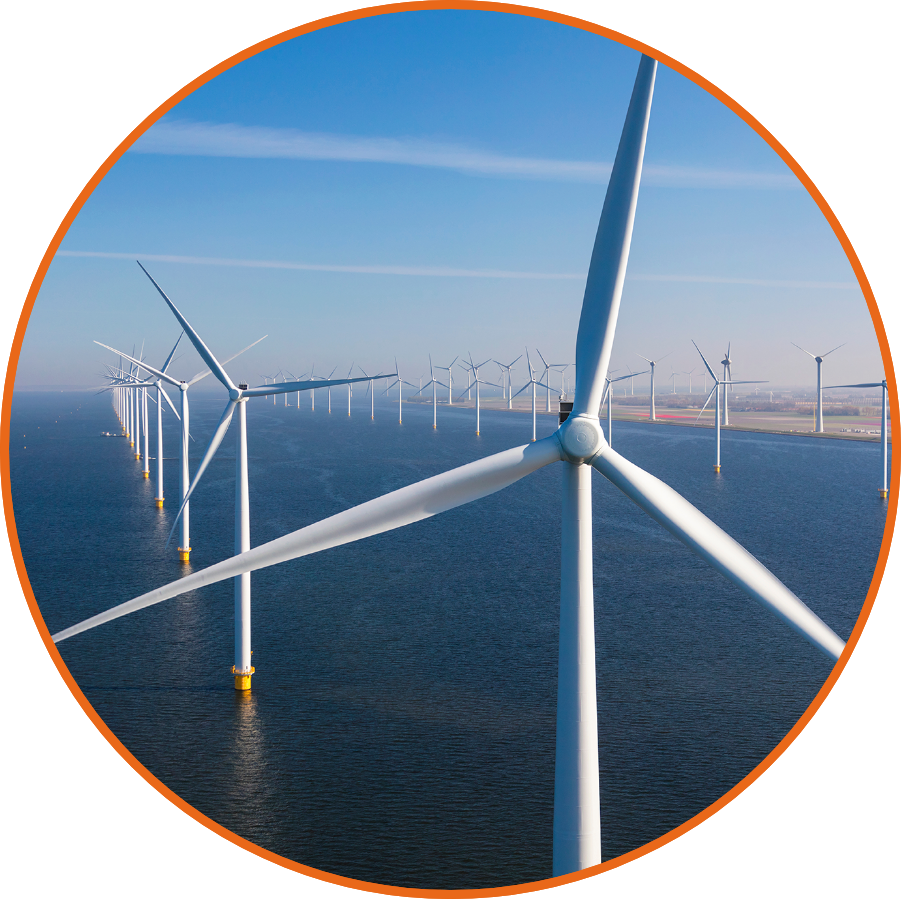
Large Scale Deployment: Offshore Wind & Solar
We’re building a cutting-edge offshore wind industry, marshaling world-class ports, while addressing supply chain and workforce development challenges.

Clean Energy & Climate Workforce Development
We’re growing a diverse and talented clean energy workforce by supporting a dynamic network of community-based organizations, labor, training providers, schools, and employers committed to a sustainable future for all.
2024 Industry Highlights
The Massachusetts clean energy industry has seen continued growth in jobs, businesses, and economic impact. Sustained expansion of the industry across sectors, subsectors, and the value chain will be critical to meeting the state’s clean energy and climate goals.
0
Direct clean energy workers in Massachusetts
0
Industry job growth
(57,610 workers) since 2010

5%
(Or 5,226) increase in jobs since 2023 compared to a 1% increase in overall jobs in MA.
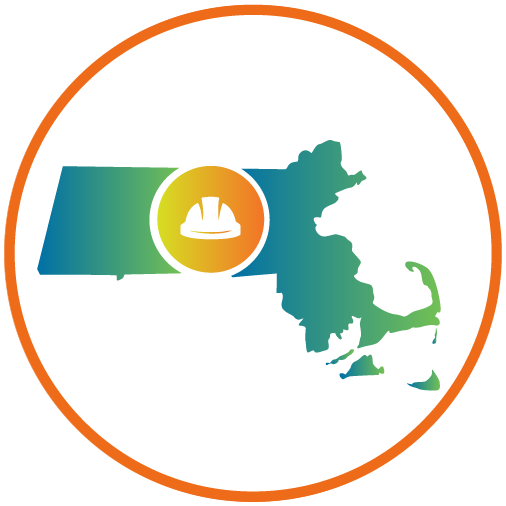
3%
Of all MA jobs are in the clean energy industry.

4%
Of national clean energy jobs are in MA vs. only 2% of the U.S. population.

#1
In U.S. climatetech startups per capita.

#2
For solar jobs in the U.S.

#2
For clean energy storage jobs per capita.
MA clean energy growth outside Greater Boston:

9%+
Job growth in both the Central Mass and Pioneer Valley Workforce Skills Cabinet regions since 2023.
Clean Energy and Climatetech Economic Impact
Clean Energy and Climatetech Economic Impact
$15B
0
in Gross State Product contributed from direct clean energy jobs in 2023, or 2% of the state’s overall GSP that year.
$3.4B
0
invested in early-stage MA climatetech companies in 2023.
$59M
0
in public grant funding received by all clean energy companies, researchers, and innovators in MA in 2023.
233,427
total direct, indirect, and induced jobs supported by the clean energy industry.
7,512
clean energy businesses in Massachusetts.
$36.8B
in Gross State Product generated by 233,427 total direct, indirect, and induced jobs supported by the clean energy industry.
Clean Energy Jobs by Sector, Subsector, & Value Chain
Clean Energy Jobs by Sector, Subsector, & Value Chain
22%
0
increase in Clean Transportation
jobs since 2023.
jobs since 2023.
66%
0
of clean energy jobs are in the Energy Efficiency, Demand Management, and Clean Heating and Cooling sector.
28%
0
of clean energy jobs are in the Installation segment of the value chain, which experienced the highest rate of growth since 2023.
#1
Nationally for the highest rate of growth in Electric Vehicle jobs in 2024.
Sub-Sectors That Experienced Greatest Increase In Jobs
Between 2023-2024 Reports

Electric Vehicles
23%

Advanced & Recycled Building Materials
5%

Solar
3%

Clean, High Efficiency, & ENERGY STAR Heating and Cooling
3%
Clean Energy Business Insights
Clean Energy Business Insights
74%
0
of businesses are located outside of Greater Boston.
58%
0
of businesses are small, with 10 or fewer workers.
53%
0
of businesses are focused on Energy Efficiency, Demand Management, and Clean Heating and Cooling.
37%
0
of employers found it very difficult to hire qualified workers.

Women and minority workers continue to be underrepresented in the industry.

Higher hourly wages in several clean energy occupations vs. the average MA hourly wage.
Massachusetts is a Leader
#1
- On the Clean Energy Community Power ScorecardA
- In U.S. climatetech startups per capitaB
- Most educated U.S. state across degree levelsC
- Most environmentally friendly stateD
- Highest rate of growth in electric vehicle jobs in the U.S.E
#2
- For overall innovation in the U.S.F
- For solar jobs in the U.S.E
- For clean energy jobs as a percentage of total state employment.E
- For clean energy storage jobs per capitaE
- For energy efficiency policy and implementation.G
A. Institute for Local Self-Reliance (2023)
B. Boston Consulting Group provided based on Powerhouse | The Geography of Climate Tech: Findings from Powerhouse’s Data. 2. 2022-23 (>3k total). Boston Consulting Group Greentech Portal informed by natural language processing of United States Patent and Trademark Office filing data.
C. US Census American Community Survey, based on HS diploma, Bachelor’s, and advanced degree attainment.
D. Forbes Sustainability Index ranking of 50 states’ environmental policy based on water use, energy use, and solar friendliness.
E. U.S. Department of Energy USEER Report (2024)
F. WalletHub (2024)
G. American Council for an Energy-Efficient Economy (2025).
B. Boston Consulting Group provided based on Powerhouse | The Geography of Climate Tech: Findings from Powerhouse’s Data. 2. 2022-23 (>3k total). Boston Consulting Group Greentech Portal informed by natural language processing of United States Patent and Trademark Office filing data.
C. US Census American Community Survey, based on HS diploma, Bachelor’s, and advanced degree attainment.
D. Forbes Sustainability Index ranking of 50 states’ environmental policy based on water use, energy use, and solar friendliness.
E. U.S. Department of Energy USEER Report (2024)
F. WalletHub (2024)
G. American Council for an Energy-Efficient Economy (2025).
Massachusetts Climate Goals
Photo courtesy of 621 Energy located in Concord, MA
Massachusetts Climate Goals
Photo courtesy of 621 Energy located in Concord, MA
Massachusetts has demonstrated its leadership by setting a goal to fully decarbonize the state’s electricity generation and reach net-zero greenhouse gas emissions by 2050. The Commonwealth has made progress in decarbonizing the electric grid, buildings, and vehicles, but more needs to be done to ensure the state meets its ambitious and critical goals. MassCEC and its state government partners are poised to help tackle the most difficult challenges to achieving this climate goal, including testing and demonstrating new technologies and business models, supporting budding climatetech startups, supporting complex supply chains, engaging and informing consumers, and training a diverse and equitable workforce.
As of March 1, 2025, there were 143,425 electric vehicles in Massachusetts, relative to the 2025 goal of 200,000.2
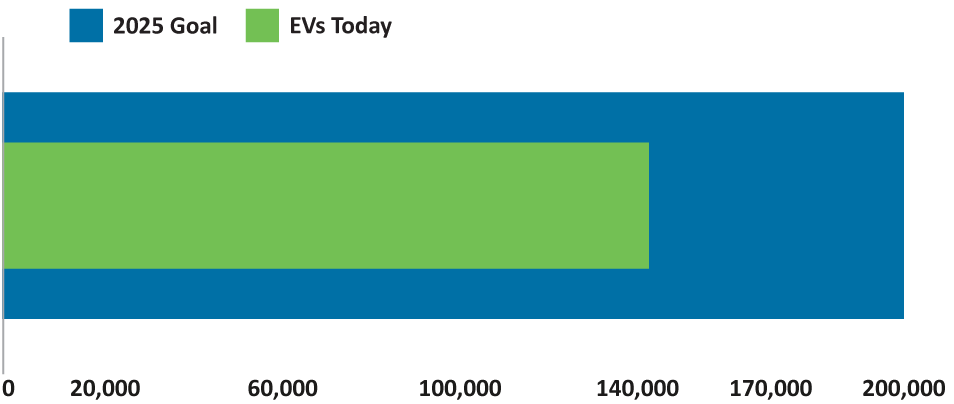
As of December 31, 2024, there were over 103,000 homes with heat pumps installed in Massachusetts since 2020, relative to the 2025 goal of 100,000 heat pumps.3
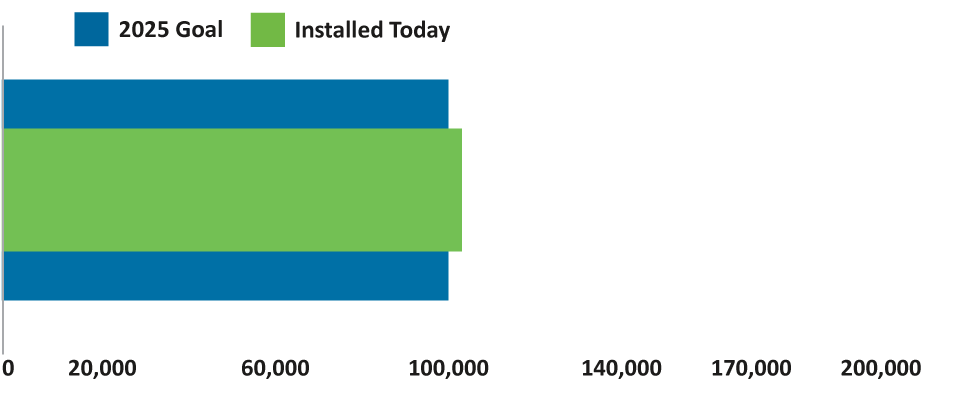
MASSCEC SPOTLIGHT
Massachusetts Leadership in Offshore Wind
MassCEC provides pivotal support to the offshore wind industry through work that accelerates the responsible development of offshore wind projects.
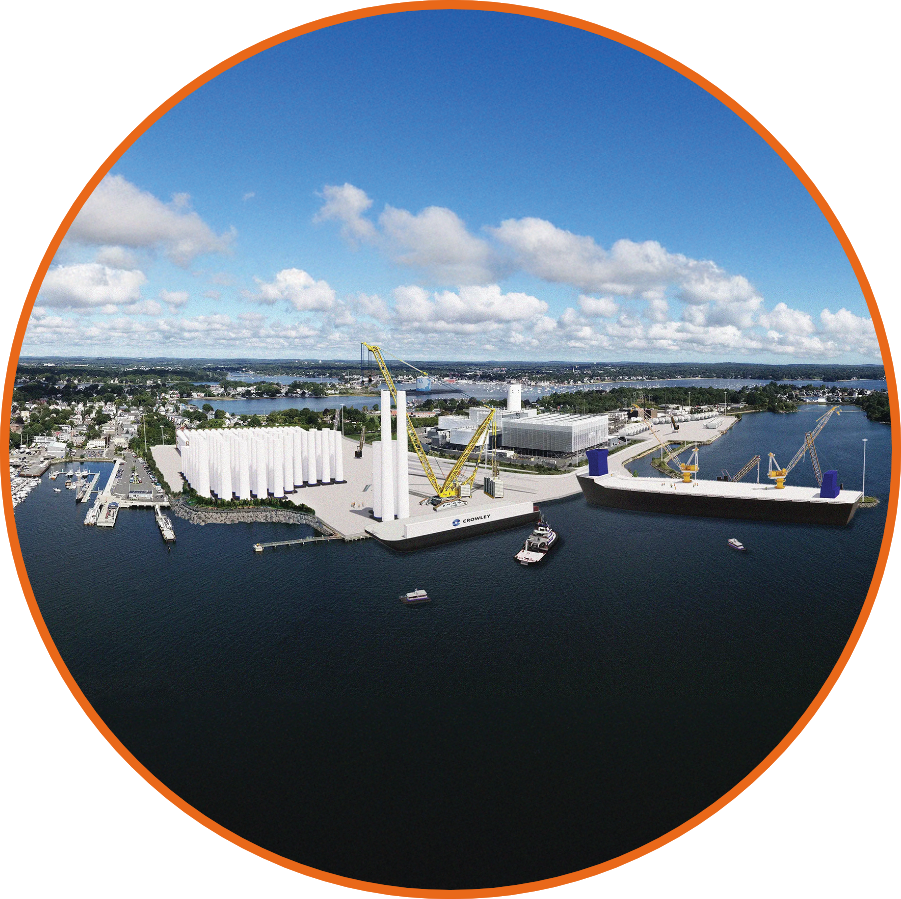
Schematic of the developing Salem Offshore Wind Terminal
1 All MassCEC metrics since 2010 and the MassCEC Spotlight Metrics were compiled from awardee data and other internal data sources.

